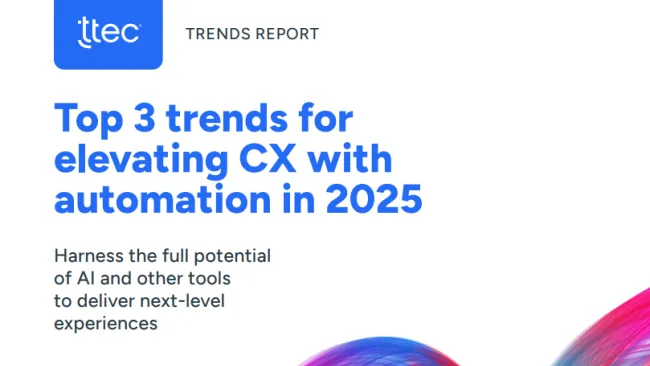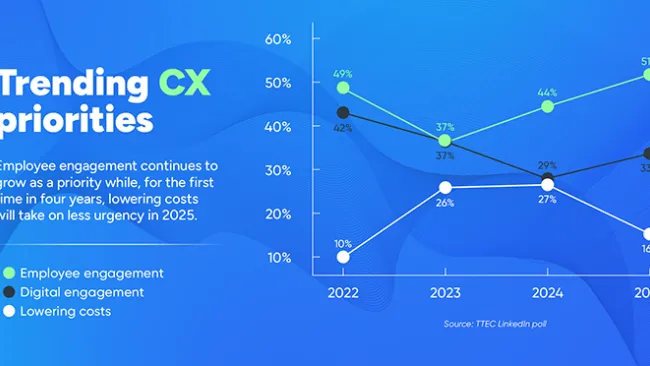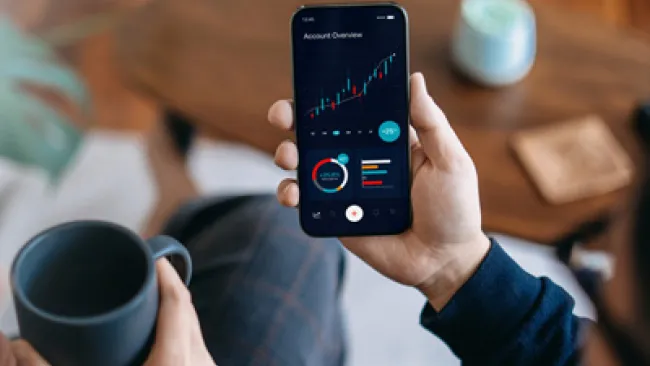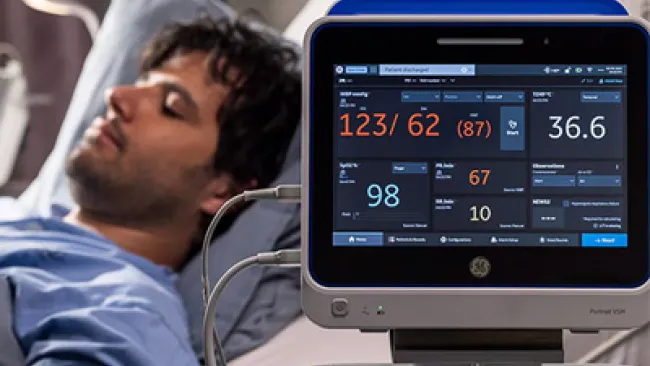Businesses across all sectors were sent scrambling as the world largely shut down in the pandemic’s early days, but banks – where brick-and-mortar locations historically were the cornerstone of day-to-day business – faced some of the biggest changes and challenges.
As global economic uncertainty began to spread with COVID-19, customers flooded banks with questions about their finances. At the same time, a workforce that was unaccustomed to remote work had to quickly learn how to navigate this new environment and manage volume surges while working from home.
At Citizens Bank the changes spurred by the pandemic, while jarring at first, have led to long-term shifts that company leaders say will benefit customer experience, employee experience and the bottom line for years to come. The evolution is a work in progress, said Citizens Bank Senior Vice President of Business Solutions Jonathan Bicker.
Bicker recently appeared with Chris Condon, TTEC’s senior vice president of business development, at The Conference Board’s Ultimate CX Conference. They spoke about TTEC’s partnership with Citizens and how the right mix of people and technology helped one of the country’s oldest banks deliver amazing customer and employee experiences even through and unprecedented time.
The right technology is key
It’s one thing to know your workforce needs to quickly shift to a work-from-home model; it’s another to have the technology to do it.
When banks were forced to shutter their brick-and-mortar branch locations during the pandemic’s early days, Citizens had to ensure its employees could work very differently than they ever had before. And the change needed to happen; the company was inundated with phone calls and associates couldn’t keep up, Bicker recalled.
“What we needed was more of a multipronged approach,” he said, including additional channels customers could use to engage with the company.
With decades of experience helping financial services clients, TTEC was able to help the company stand up a program in less than a month that diverted many IVR inquiries to SMS, allowing associates to help more customers more quickly. Customers appreciated having the additional option of using SMS, Bicker said, which improved experiences.
With TTEC’s guidance the company also began harnessing the power of artificial intelligence. Based on early successes, Citizens aims to increase its use of AI-enabled chat bots and conversational bots to makes associates’ jobs easier and customer interactions more seamless.
“We are in the infancy of our AI journey,” Bicker said. “It’s still an evolving journey for us.”
With these systemic technological improvements, Bicker said Citizens is now better prepared to function in the new normal. The bank can meet customers where they are, via their preferred channel, resulting in better experiences – and ultimately, a healthier bottom line.
TTEC’s expertise and guidance when it came to identifying gaps and providing scalable solutions enabled the company to adapt quickly, Bicker said.
“Being with the right partner and having the right technology configuration made going into this very easy,” he said.
Intelligent automation can provide many benefits to companies, Condon said, since automating menial tasks free associates up to focus on more complex interactions. But embracing automation doesn’t mean a brand should automate every interaction. Rather, companies should focus on making the customer journey the best it can be, and automate where it makes sense along the way, he said.
Employee experience matters, too
Having the right technology is critical to adapting quickly in a new business landscape, but the employee experience is equally as important.
As soon as COVID-19 struck, Citizens started examining what employees needed to do their jobs well. A big part of that was technology; associates suddenly needed laptops and headsets to enable them to work from home.
But beyond technology, a broader shift in employee experience was jumpstarted. Given the current labor market, bank officials realize that associates want the option of working from home, at least part of the time. Enabling hybrid or work-from-home employment is key to attracting and retaining good talent these days, Bicker said.
“I don’t ever want to lose the rhythm and ritual of being able to have the workforce work from anywhere,” he said. “Today we have a workforce that is primarily work-from-home, but they are equipped to work from either home or office. It’s really been quite the transformation.”
As associates’ work environments and expectations continue to evolve, communication is paramount, he added. At Citizens, associates were used to synchronous chat channels pre-covid, and moving to asynchronous channels was a big change. To help ensure employees were successful and felt supported, supervisors met with associates twice a day to check in and help when needed.
Amid so much change, Citizens also prioritizes retaining the culture of Citizens as much as possible. Supervisors continually check in with their teams via virtual meetings and, after about six months of adjustments, workers soon settled into their new norm, Bicker said.
“Communication is key,” he said, adding supervisors often discuss with their team members “how they can live the brand, and how their contact with a customer can positively impact that customer.”
In today’s labor market, when many people are re-evaluating whether they’re truly happy in their jobs, removing friction from employees’ jobs whenever possible is crucial to finding and keeping top talent, Condon said. Banks, like many brands, face a big challenge: navigating a difficult labor market while, at the same time, customer expectations are growing faster than ever. Companies must evolve to thrive.
“The industry has changed forever,” Condon said.
Watch an on-demand video of Condon and Bicker’s conversation here.















